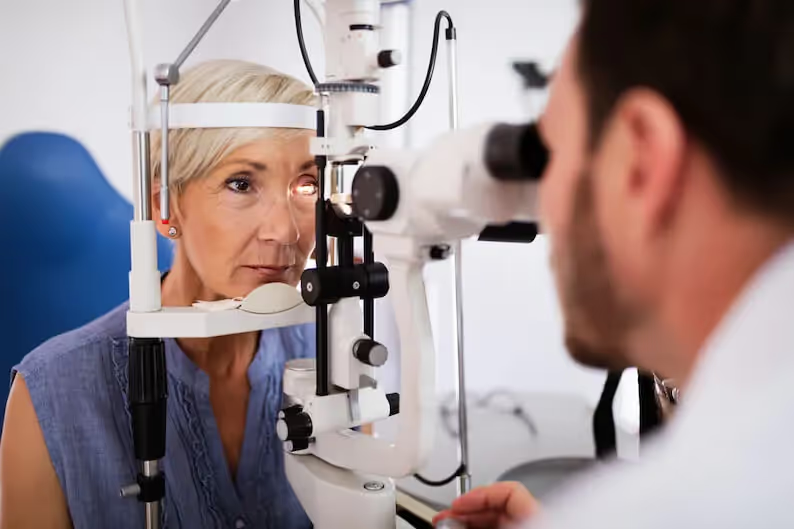Stress is a natural part of life, but as we age, our bodies may respond to stress differently. While some stress can be beneficial—helping us stay alert and motivated—long-term or chronic stress can have serious effects on overall health. Understanding how stress impacts the body is key to managing it and maintaining a high quality of life.
The Physical Effects of Stress
When faced with stress, the body goes into "fight or flight" mode, releasing hormones like cortisol and adrenaline. While this response can be helpful in short bursts, prolonged exposure to stress hormones can take a toll on various bodily systems.
- Cardiovascular System
Stress can increase blood pressure and heart rate, putting strain on the heart. Over time, chronic stress may contribute to an increased risk of heart disease, heart attacks, and strokes.
- Immune System
A healthy immune system helps the body fight infections, but stress can weaken immune defenses, making older adults more vulnerable to illnesses like colds, flu, and other infections.
- Digestive System
Stress can lead to digestive issues such as acid reflux, indigestion, constipation, or diarrhea. It can also worsen conditions like irritable bowel syndrome (IBS) or ulcers.
- Muscles and Joints
Chronic stress often causes muscle tension, leading to aches, pains, headaches, and even increased risk of arthritis flare-ups.
- Brain and Cognitive Function
Stress can affect memory, concentration, and decision-making. Long-term stress has also been linked to cognitive decline and an increased risk of dementia.
The Emotional Impact of Stress
Stress doesn't just affect the body—it also impacts mental and emotional well-being. Some common emotional effects include:
- Anxiety and worry
- Depression or sadness
- Irritability or mood swings
- Difficulty sleeping(insomnia)
For older adults, emotional stress can sometimes lead to feelings of isolation or loneliness, which may further impact overall health.
Managing Stress for Better Health
While stress is a normal part of life, there are many ways to reduce its impact and improve overall well-being:
- Stay Active – Regular physical activity, such as walking, yoga, or swimming, helps lower stress levels and improve mood.
- Practice Relaxation Techniques – Deep breathing, meditation, or listening to calming music can help relax the mind and body.
- Stay Connected – Spending time with loved ones,joining social groups, or talking to a friend can help reduce feelings of stress and loneliness.
- Get Enough Sleep – Prioritizing good sleep habits helps the body recover from daily stressors.
- Eat a Healthy Diet – Nutritious foods support brain function and overall health, helping the body cope better with stress.
- Seek Professional Help if Needed – If stress becomes overwhelming, talking to a doctor, therapist, or counselor can provide helpful coping strategies.
Stress is a part of life, but it doesn't have to take control. By recognizing its effects and adopting healthy habits, older adults can protect their physical and emotional well-being. Prioritizing self-care, staying connected, and seeking support when needed can make all the difference in living a healthier, more fulfilling life. Don't let stress take a toll on your health. At VIPcare, we're here to help you take control—mind, body, and spirit. Schedule an appointment today and let our compassionate providers support you on your journey to a healthier, more balanced life. Your well-being starts here!




%20(1).jpg)